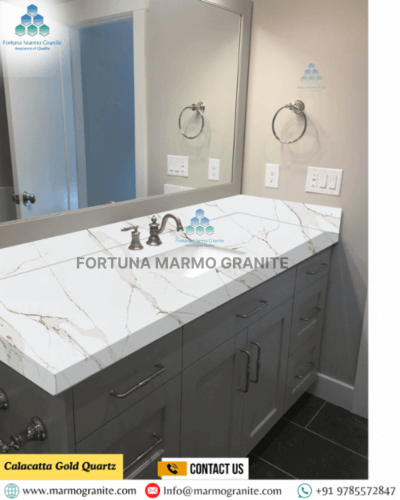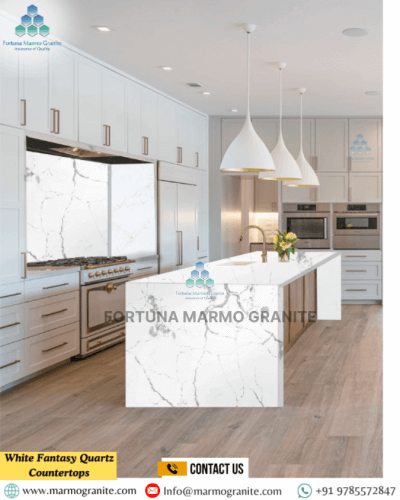Quartz Countertops Maintenance Tips: Keep Them Looking Like New
Quartz countertops are often regarded as one of the finest choices in modern interior design because elegance and durability are provided in a single material. These surfaces are manufactured by blending natural quartz—considered one of the hardest minerals—with carefully selected resins and color pigments. Through this engineered process, exceptional strength, a stylish appearance, and ease of maintenance are achieved.
One of the greatest advantages that is highlighted with quartz countertops is their non-porous nature. A surface that does not absorb water, stains, or bacteria is provided, making quartz an ideal option for spaces where hygiene is prioritized. In contrast to many natural stones, no sealing is ever required for quartz. Cleaning is made extremely simple, as the surface can be maintained with just mild soap and water, ensuring that the shine and cleanliness are preserved without effort.


Daily Rituals: Simple Steps for Lasting Shine
- The Gentle Wipe-Down: Your First Line of Defense
The most effective and simplest way for quartz countertops to be maintained daily is through a quick wipe-down after each use. Especially after food preparation, the surface should be cleaned with warm water and a mild dish soap solution by using a soft cloth or microfiber towel. The process is made easy: the cloth is dampened with soapy water, the entire surface is wiped, a clean damp cloth is then used to remove the soap residue, and finally, the countertop is dried with a clean, dry cloth so that water spots are avoided, particularly in hard water areas.
- Immediate Spill Response: Time is of the Essence
Quartz is highly stain-resistant, but it is not completely stain-proof. If certain substances sit on the surface for too long, they can still leave marks or cause discoloration. That's why you should always clean spills right away. Liquid spills like coffee, tea, wine, or juice should be blotted immediately with a soft cloth or paper towel, then wiped gently with a damp cloth and mild soap. This simple step usually removes the spill without leaving any trace. If the spill has already dried, re-wet the area with a damp cloth and a little mild dish soap.
Protecting Your Investment: Proactive Measures
- Trivets and Hot Pads: A Must for Heat Protection
Quartz is naturally heat-resistant, but it is not completely heat-proof. Sudden and extreme temperature changes can cause thermal shock, which may lead to cracks or even discolor the resin binder. To avoid this risk, trivets or hot pads should be placed under hot pots, pans, slow cookers, or electric griddles, especially when they come straight from the stovetop or oven. These simple tools create a barrier that allows heat to dissipate before it can reach and damage the quartz surface.
- Cutting Boards: Preserve Your Countertop's Beauty
Quartz resists scratches, but it is not completely scratch-proof. When sharp knives are used directly on the countertop, the surface may become dulled over time, and faint scratch marks can be seen—especially on darker or highly polished quartz.
- Always use: A cutting board. It not only protects your knives—since they become dulled faster on hard quartz—but also safeguards your countertop.
- Benefits: With a cutting board, better hygiene is maintained because food particles and juices are kept contained, making cleanup easier.
Conclusion
Quartz countertops are widely regarded as one of the best choices for both homeowners and interior designers who seek a perfect combination of elegance and durability. Their sleek and modern appearance makes them an excellent option for kitchens, bathrooms, and other high-use areas where style and performance must go hand in hand.
Although quartz is non-porous and considered low-maintenance. it is not completely immune to damage if neglected. which is why simple daily cleaning and mindful usage are always recommended. At Fortuna Marmo Granite, Premium-quality quartz countertops are supplied worldwide, with continuous support being provided from selection to installation and aftercare.

